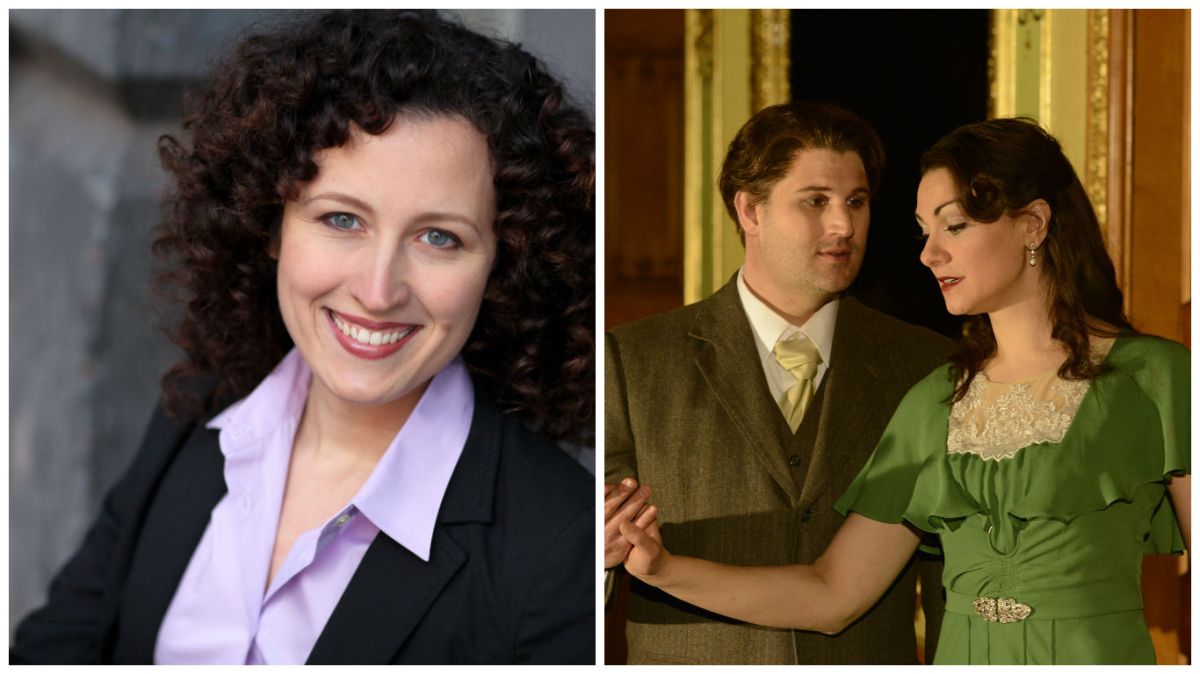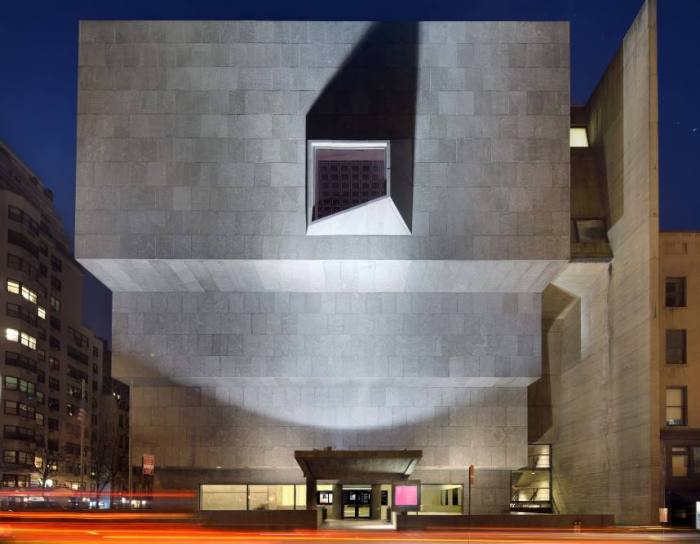First things first: You’re probably pronouncing “Werther” wrong.
“It’s pronounced like Ver-ter,” explains Crystal Manich, director of the upcoming production for Boston Lyric Opera. The production opens March 11 and brings a Jules Massenet’s opera based on Goethe’s The Sorrows of Young Werther to the Shubert stage. Making opera for everyone
“I like to think of myself as a director who directs for people who don’t usually go to the opera,” says Manich. “I’m a theatrically-based director who is very passionate about the music and allow the music to form my staging and what I’m doing aesthetically. But I really like to define characters on stage in these operas and take their stories seriously.” For “Werther,” the original Goethe storyline has been updated to the late 1920s and the Boston Lyric Opera production will broadcast English translations of the songs on HD TVs. “The music is there, but we’re not caught up in a traditional operatic staging,” she adds. Werther’s concept transcends time
“Werther” centers the main plot of an 18th century novel by German writer Johann Wolfgang von Goethe, in which a young artist pens an account of unrequited love with a woman named Charlotte before contemplating suicide. “[The novel] was revolutionary because it was expressing this inner torment through a series of letters Werther writes to his friend,” explains Manich. “Because of the text from the novel and the text used in the opera, there’s a really strong sense of two people who meet at the wrong time and want to be together but cannot because of responsibilities and duties. There’s a theme of unrequited love, and certainly a huge element of obsession.” The upcoming BLO production is not only updated to reflect the late 1920s, it also features a more modern set to put the audience inside Werther’s tortured mind. “The set is very abstract so we can demonstrate the vague setting of psychological obsession.” Telling the story of a story
Manich tried to pay homage to Goethe’s work by adding theatrical details to her production that might not show up in all operatic interpretations of the story. “I think opera does a really good job of narrative,” she says. “It’s clear that what we’re bringing from the book to the opera, like how obsessed he is with Charlotte, but we’re extracting little details from the book that’s not typically thought about in opera.” For example, the audience will see Werther’s obsession reflected through his drawings, which will be projected during the show. Additionally, characters who are one dimensional in the opera, but multi-layered in the novel, will be more accurately depicted. “Often Charlotte’s husband is portrayed as stern and strict in the beginning, as though he has no soul, but in the book you can realize how sympathetic he can be,” Manich explains. “We’re going to be presenting a much more rounded version of the character in our show.” If you go:
Boston Lyric Opera’s”Werther”
March 11 to 20
ShubertTheatre
265 Tremont St, Boston
(866) 348-9738
Starting at$25, citicenter.org
Crystal Manich on ‘Werther’ and making opera accessible for everyone

Provided


















